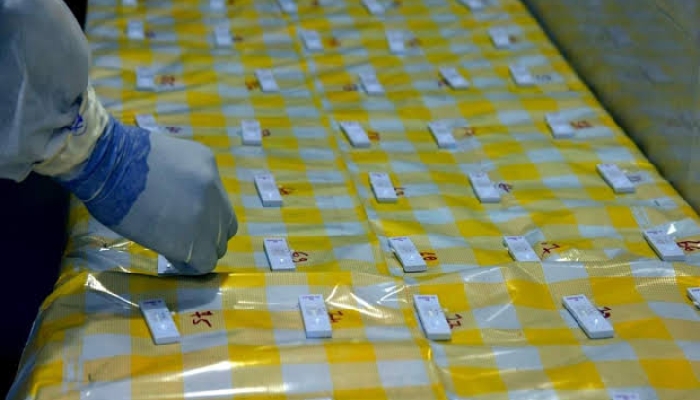Apr 6: WhatsApp last night turned on the encryption within the app. That has created a lot of buzz. But why and how exactly it affects WhatsApp users?
 Well, sit tight and let us explain it all to you in 10 quick points:
Well, sit tight and let us explain it all to you in 10 quick points:
1- Starting Tuesday night, all WhatsApp communication is encrypted. This means, now when you chat with your friends, cyber criminals or even government sleuths will not be able to capture the data and read your chats, even if they are stealing all your Wi-Fi traffic. Although, they can still steal, confiscate or snatch your phone and read all your chats.
2- The WhatsApp encryption is end-to-end. This means the keys to encrypt the chats will be stored only with users. Even WhatsApp won't have any key, so the government can't demand such keys from the company that runs the chat app.
Here is how WhatsApp co-founders explained it: "The idea is simple: when you send a message, the only person who can read it is the person or group chat that you send that message to. No one can see inside that message. Not cybercriminals. Not hackers. Not oppressive regimes. Not even us. End-to-end encryption helps make communication via WhatsApp private - sort of like a face-to-face conversation."
3- For added security, you can even authenticate chats on WhatsApp. This, according to WhatsApp, will be done between users through a QR Code or a 60-digit number.
4- The WhatsApp encryption is 256-bit strong. Theoretically, it is impossible to crack it by brute force method. Although, there could be implementation loopholes that government agencies like the NSA in the US can exploit.
5- If you want to use WhatsApp encryption, all you need to do is download the latest version of the app. It is enabled by default.
6- Now everything is encrypted on WhatsApp. Text, your selfies, the funny videos, even the PJs in school group are encrypted. Isn't it wonderful? Cyber criminals won't even be able to sniff out all the "photoshopped" forwards that you receive in your WhatsApp group.
7- The encryption is not expected to have any significant effect on the user experience. The service will, possibly, continue to be fast and free.
8- The big deal about the WhatsApp encryption is that suddenly over a billion people on earth have access to incredibly secure and private communication. This is unprecedented and makes WhatsApp move wonderful and scary at the same time.
9- According to WhatsApp, its latest feature is built using "the Signal Protocol, designed by Open Whisper Systems." The company says that this protocol is specifically developed to keep third-parties like cyber criminals and government officials away from private communications.
10- At a time when the concept of privacy is almost gone, WhatsApp encryption changes the rule of the game. It will probably force other technology companies to offer encryption by default. As WhatsApp co-founders said, "we expect that (WhatsApp-like encryption) will ultimately represent the future of personal communication".






Comments
Big Lie
I request my Muslim brothers stop being emotional on whatsapp/ facebook. There is nothing called freedom of speech on social networking sites. Most of Investigative agencies working in our country are only behind Muslims.
wow wonderful whatsapp,
Add new comment